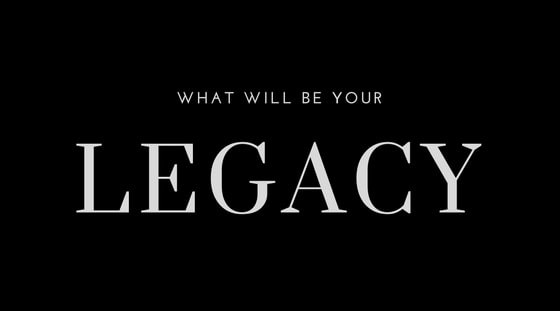
Legacy in business is not defined by quarterly earnings or market share alone. It’s shaped by the values a company upholds, the impact it leaves behind, and the way it makes people feel. While financial success is important, it’s the deeper imprint—on employees, customers, communities, and industries—that determines what a business is truly remembered for. In a world where change is constant and attention is fleeting, legacy offers a sense of permanence. It’s the story that continues long after the final transaction, the reputation that endures beyond leadership transitions, and the influence that ripples through generations.
Every business, whether a global enterprise or a local startup, has the potential to craft a legacy. That legacy begins with purpose. Why does the business exist beyond profit? What problem does it solve, and how does it improve lives? A company that builds its operations around a clear and meaningful purpose tends to resonate more deeply with stakeholders. Consider a brand that champions ethical sourcing or one that prioritizes mental health in the workplace. These commitments become part of the company’s identity. They’re not just strategic choices—they’re moral ones. And over time, they shape how the business is perceived and remembered.
Culture plays a pivotal role in legacy. The way a company treats its people, the values it instills, and the behaviors it rewards all contribute to its long-term reputation. A business that fosters inclusivity, encourages growth, and leads with empathy creates an environment where people thrive. Employees who feel valued and empowered become ambassadors of the brand, carrying its ethos into every interaction. Conversely, a toxic culture can erode even the most impressive achievements. Legacy is built not just in boardrooms but in break rooms, not just through policies but through everyday actions.
Customer relationships also define legacy. Beyond the product or service, it’s the experience that customers remember. How they were treated, how their concerns were addressed, and how their loyalty was earned. A business that consistently delivers value, listens actively, and adapts to customer needs builds trust. That trust becomes a cornerstone of legacy. It’s what turns customers into advocates and transactions into relationships. When people speak fondly of a brand years after their last purchase, it’s a sign that the business left a meaningful mark.
Innovation contributes to legacy as well. Businesses that challenge norms, introduce new ideas, and push boundaries often leave a lasting imprint on their industries. But innovation must be purposeful. It’s not about novelty for its own sake—it’s about solving real problems and creating meaningful change. A company that pioneers sustainable packaging or reimagines access to education isn’t just innovating—it’s leading. These contributions become part of the historical narrative, influencing future developments and inspiring others to follow suit.
Community engagement adds another layer. Businesses that invest in the places they operate, support local initiatives, and contribute to social causes build goodwill that transcends commerce. Whether it’s sponsoring youth programs, supporting disaster relief, or advocating for policy change, these actions reflect a commitment to something greater than profit. They show that the business sees itself as part of a larger ecosystem and is willing to contribute to its health and vitality. That kind of engagement becomes woven into the community’s memory and identity.
Leadership is the thread that ties all these elements together. The vision, decisions, and character of those at the helm shape the trajectory of the business and its legacy. Leaders who prioritize integrity, transparency, and long-term thinking create organizations that endure. They understand that legacy is not built through shortcuts or spin—it’s built through consistency, courage, and care. Their influence extends beyond their tenure, setting standards and expectations that guide future generations.
Ultimately, legacy is about impact. It’s about the difference a business makes in the lives it touches and the world it inhabits. It’s not measured solely in numbers but in stories—in the employee who found purpose, the customer who felt understood, the community that was uplifted. These stories form the mosaic of legacy. They’re told in conversations, remembered in moments, and passed down through time. And while every business will eventually face change, challenge, and transition, its legacy remains.
So the question becomes not just what your business does, but what it stands for. Not just how it grows, but how it contributes. Not just what it achieves, but how it’s remembered. Because in the end, legacy is the echo of your values, the reflection of your choices, and the story others tell when you’re no longer in the room. And crafting that story with intention is one of the most powerful things a business can do.